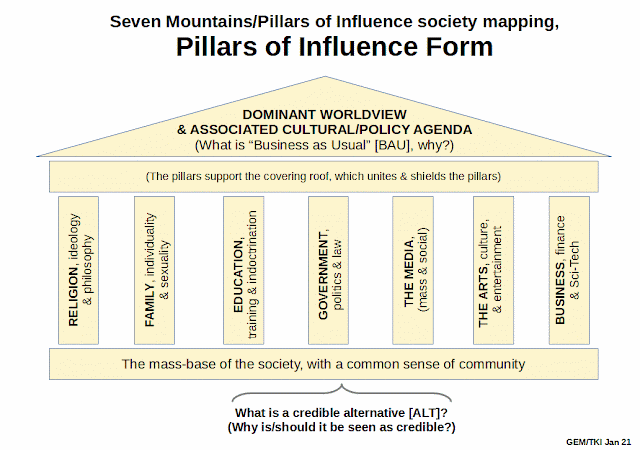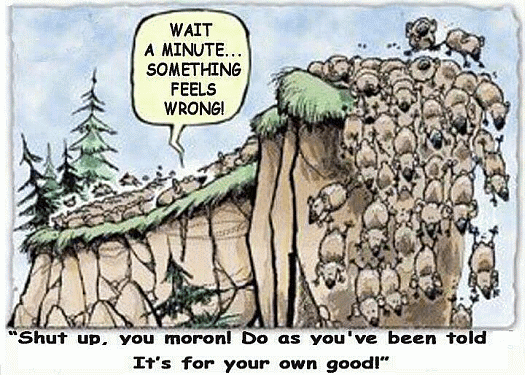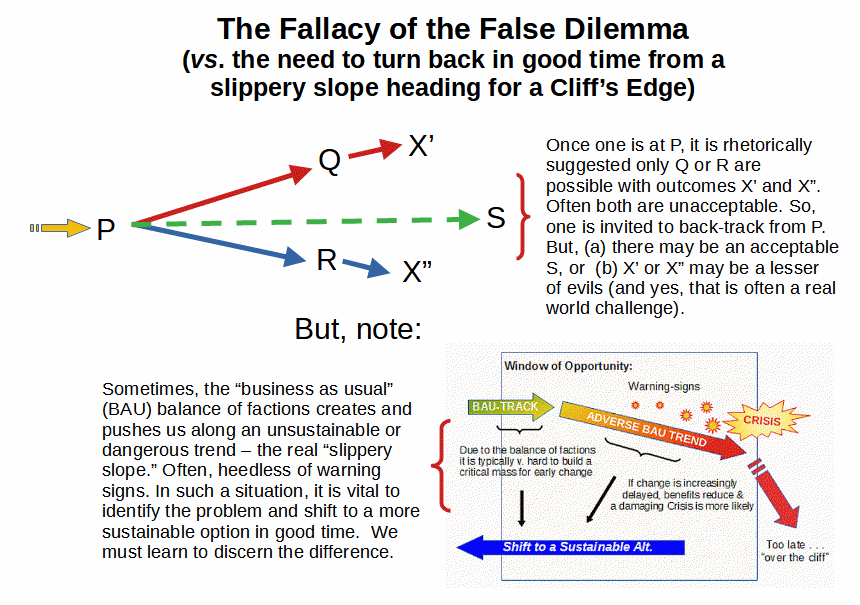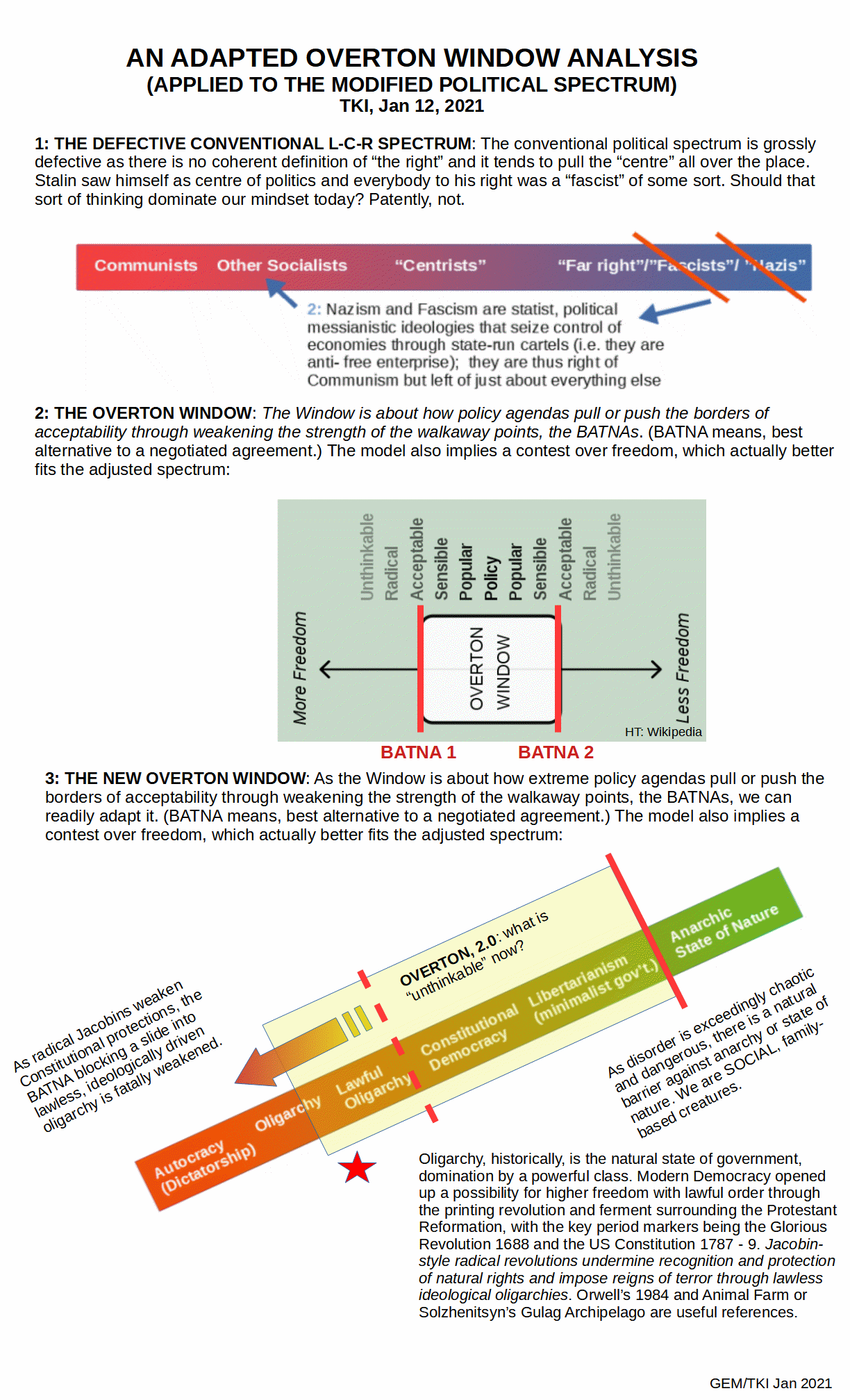Notoriously, on the evening of October 30, 1938, many people missed the opening remarks for Orson Welles’ radio dramatisation of H G Wells’ War of the Worlds. As History dot com recounts:
Millions of Americans, as they were every night, huddled around their radios, but relatively few of them were listening to CBS when it was announced that Welles and his fellow cast members were presenting an original dramatization of the 1898 H.G. Wells science-fiction novel “The War of the Worlds.” Instead, most of the country was tuned in to NBC’s popular “Chase and Sanborn Hour,” which featured ventriloquist Edgar Bergen and his dummy, Charlie McCarthy . . . . disoriented listeners who stumbled onto the “Mercury Theatre on the Air” without having heard the disclaimer at the top of the radio play were [therefore] thrust into the middle of an hour-long drama that left some believing that the country was under attack . . . .
Although the program included a reminder at intermission that it was a dramatization, thousands of anxious and confused listeners believed it to be real. They besieged police departments, newspapers and CBS with phone calls. In New Jersey, ground zero for the fictitious invasion, national guardsmen wanted to know where they should report for duty, and the Trenton police department fielded 2,000 calls in under two hours. In Providence, Rhode Island, hysterical callers begged the electric company to cut power to the city to keep it safe from the extraterrestrial invaders.
A panic ensued.
Now, Peggy Ryan gives a key insight:
Why would people believe that aliens had invaded? They believed because it was news. Orson Welles’s adaptation of the War of the Worlds novel used familiar, trusted devices to report the fictional attack — news bulletins, updates from live reporters on the ground. He used actual government positions like New Jersey governor and secretary of interior and physical locations like Trenton, Mercer, and Princeton. These positions and locations were all too familiar to those listening to the “news” updates — confirmation that the reports were real.
Still, does hearing it on the news make it any less impossible? Apparently, because thousands were convinced right up until they switched channels or heard the retraction.
She then observed:
But what would have happened if War of the Worlds had been on every channel, reported by all news outlets? What if there’d never been a retraction? Wouldn’t millions have believed the impossible? These lessons were not lost on power brokers around the world.
This brings us face to face with the challenges of a dominant worldview and institutionalised narrative, thus how it can set a ruinous business as usual agenda:

No wonder the myth of marching Lemmings has become proverbial:

At the crux of such a fiasco lie false polarising dilemmas, with marginalisation of the despised other:

The ever sliding Overton Window knocks at the door, as we must ponder whether the dominant narrative and agenda are taking us over the cliff of lawless ideological oligarchy (often, parading under colour and ceremony of law), thence severe loss of liberty with good community order:

All of this brings us back to the JoHari Window, in modified form, as we ponder the difference between dominant narratives and sound knowledge . . . including what we believe we know, ourselves:

Of course, this feeds into the Fake News, censorship, marginalisation of the despised other debate that is unfortunately increasingly central to too many current issues. It is, of course, directly relevant to Richard Lewontin’s notorious cat out of the bag moment. Which, yes, we still need to remember:
[Lewontin:] . . . to put a correct [–> Just who here presume to cornering the market on truth and so demand authority to impose?] view of the universe into people’s heads
[==> as in, “we” the radically secularist elites have cornered the market on truth, warrant and knowledge, making “our” “consensus” the yardstick of truth . . . where of course “view” is patently short for WORLDVIEW . . . and linked cultural agenda . . . ]
we must first get an incorrect view out [–> as in, if you disagree with “us” of the secularist elite you are wrong, irrational and so dangerous you must be stopped, even at the price of manipulative indoctrination of hoi polloi] . . . the problem is to get them [= hoi polloi] to reject irrational and supernatural explanations of the world [–> “explanations of the world” is yet another synonym for WORLDVIEWS; the despised “demon[ic]” “supernatural” being of course an index of animus towards ethical theism and particularly the Judaeo-Christian faith tradition], the demons that exist only in their imaginations,
[ –> as in, to think in terms of ethical theism is to be delusional, justifying “our” elitist and establishment-controlling interventions of power to “fix” the widespread mental disease]
and to accept a social and intellectual apparatus, Science, as the only begetter of truth
[–> NB: this is a knowledge claim about knowledge and its possible sources, i.e. it is a claim in philosophy not science; it is thus self-refuting]
. . . . To Sagan, as to all but a few other scientists [–> “we” are the dominant elites], it is self-evident
[–> actually, science and its knowledge claims are plainly not immediately and necessarily true on pain of absurdity, to one who understands them; this is another logical error, begging the question , confused for real self-evidence; whereby a claim shows itself not just true but true on pain of patent absurdity if one tries to deny it . . . and in fact it is evolutionary materialism that is readily shown to be self-refuting]
that the practices of science provide the surest method of putting us in contact with physical reality [–> = all of reality to the evolutionary materialist], and that, in contrast, the demon-haunted world rests on a set of beliefs and behaviors that fail every reasonable test [–> i.e. an assertion that tellingly reveals a hostile mindset, not a warranted claim] . . . . It is not that the methods and institutions of science somehow compel us [= the evo-mat establishment] to accept a material explanation of the phenomenal world, but, on the contrary, that we are forced by our a priori adherence to material causes [–> another major begging of the question . . . ] to create an apparatus of investigation and a set of concepts that produce material explanations, no matter how counter-intuitive, no matter how mystifying to the uninitiated. Moreover, that materialism is absolute [–> i.e. here we see the fallacious, indoctrinated, ideological, closed mind . . . ], for we cannot allow a Divine Foot in the door . . . [–> irreconcilable hostility to ethical theism, already caricatured as believing delusionally in imaginary demons]. [Lewontin, Billions and billions of Demons, NYRB Jan 1997,cf. here. And, if you imagine this is “quote-mined” I invite you to read the fuller annotated citation here.]
Of course, Lewontin spoke as a member of the evolutionary materialistic scientism and fellow traveller elite, not as some crazy on a soapbox in Hyde Park. As, can be documented in far more details. But, it would be more profitable to focus the late Philip Johnson’s reply later in the same year:
For scientific materialists the materialism comes first; the science comes thereafter. [Emphasis original — the context is Lewontin in NYRB] We might more accurately term them “materialists employing science.” And if materialism is true, then some materialistic theory of evolution has to be true simply as a matter of logical deduction, regardless of the evidence.
[–> notice, the power of an undisclosed, question-begging, controlling assumption . . . often put up as if it were a mere reasonable methodological constraint; emphasis added. Let us note how Rational Wiki, so-called, presents it: “Methodological naturalism is the label for the required assumption of philosophical naturalism when working with the scientific method. Methodological naturalists limit their scientific research to the study of natural causes, because any attempts to define causal relationships with the supernatural are never fruitful, and result in the creation of scientific “dead ends” and God of the gaps-type hypotheses.” [NB: I am aware that Rational Wiki has backed away, un-announced, from the cat-out-of-the-bag direct phrasing that was in place a few years ago. That historic phrasing is still valid as a summary of what is going on.] Of course, this ideological imposition on science that subverts it from freely seeking the empirically, observationally anchored truth about our world pivots on the deception of side-stepping the obvious fact since Plato in The Laws Bk X, that there is a second, readily empirically testable and observable alternative to “natural vs [the suspect] supernatural.” Namely, blind chance and/or mechanical necessity [= the natural] vs the ART-ificial, the latter acting by evident intelligently directed configuration. [Cf Plantinga’s reply here and here.] chance and/or mechanical necessity can account for such.] That theory will necessarily be at least roughly like neo-Darwinism, in that it will have to involve some combination of random changes and law-like processes capable of producing complicated organisms that (in Dawkins’ words) “give the appearance of having been designed for a purpose.” . . . .
The debate about creation and evolution is not deadlocked . . . Biblical literalism is not the issue. The issue is whether materialism and rationality are the same thing. Darwinism is based on an a priori commitment to materialism, not on a philosophically neutral assessment of the evidence. Separate the philosophy from the science, and the proud tower collapses. [Emphasis added.] [The Unraveling of Scientific Materialism, First Things, 77 (Nov. 1997), pp. 22 – 25.]
Yes, those of us who advocate ID have long felt the lash of ideological imposition under colours and ceremonies of science, education, public discussion and policy. That gives us a canaries- in- the- mine base of experience to see similar patterns spreading across key institutions, communities and our civilisation at large. For example, what of the racing narratives on climate, pandemic, election irregularities, “equity” and “equality,” wars and rumours of war [try, Ukraine and the Baltic (Nord Stream), Taiwan, Iran and onward issues in Iraq, Afghanistan, Pakistan etc.].
We could go on and on, but that would most likely bog us down in toxic, polarised, fruitless debate. Especially when we confront dominant narratives and hostile, accusatory attitudes.
Instead, we need to focus the issues that cloud the JoHari Window. For, that is how we will be able to make sound progress:
- Warrant tempered by due humility on our ignorance and error proneness is the key to a sound body of knowledge
- Agenda-driven domineering ideological narratives and resulting errors of warrant tend to show through attitudes that are selectively hyperskeptical and sometimes hostile to the despised other
- Accordingly, as we look at points of disagreement between us and the other, we need to sort out inconsistencies in demanded degree of warrant or confidence.
- The problem with demanding “extraordinary” evidence for claims we think are “extraordinary,” is that it is easy to slip into denying adequate, feasible warrant for what we do not wish to acknowledge, while letting gaps in warrant slide for things that fit our preferences.
- This can slip into closed minded ideological question begging, as Lewontin inadvertently showed.
- How many times, should we be drawing, instead, the negative knowledge conclusion?
- That is, what we really know on a topic, is what we don’t know. (As in, whodunit, Nord Stream vs it is fairly obvious that the Ukrainians successfully targetted the bridge into Crimea, a legitimate logistical target.)
- At the same time, we must guard against denying what we should acknowledge, because it is ever so inconvenient. (For instance, what is the only known source of complex text, code, language, editing, algorithms? So, how should we view what we find in DNA and mRNA?)
- Then, there are the gaps in what we “all” think we know in common: unknown — or even unacknowledged — unknowns, lurking like torpedo-laden submarines under the seemingly smooth and safe surface of what we think is established knowledge.
- What, then, is the true value of sound analysis and research?
- Do we really want to hear this today, or are we more inclined to shoot at the messenger?
- And ever so much more.
So, how, then, should we proceed in a deeply polarised age? END